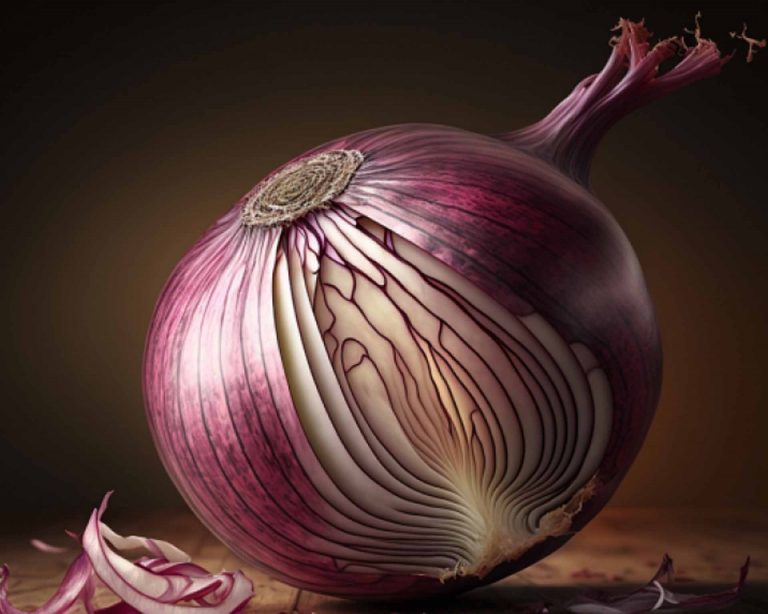We’re living in a sugar-coated world, and it’s particularly more prominent in the realm of children. The celebratory cake for birthdays, soda at the movie theater, treats during school functions, and sports drinks post-game – our little ones are surrounded by sugar-rich temptations. Though we understand the potential damage excessive sugar can cause, it often feels like a relentless struggle to cut down sugar from our kids’ diet. This article aims to shed light on the necessity of moderating sugar intake for children and propose healthier alternatives that not only satiate their sweet cravings but also foster significant health improvements swiftly.
A big contributor to this sugar overconsumption is sugar-packed beverages. They can come from sources we don’t typically associate with unhealthy options, like fruit juices, sports drinks, and non-dairy milk beverages, which contain almost as much sugar as soda. A recent study of children and teens found that more than 25 percent of the calories they consume are considered “empty,” which are calories from added sugars and solid fats. The top sources of empty calories were soft drinks, fruit drinks, cookies, brownies, pizza and ice cream.
Experts like the American Heart Association have recommended children aged 2 to 18 to limit their sugar consumption to 25 grams or six teaspoons per day for overall health and well-being.
The Sweet Switch: Health Improvements in Just Days
An intriguing facet of reducing sugar in a child’s diet is how swiftly it can enhance their health – just nine days is all it takes! Researchers created a diet for children suffering from obesity and metabolic syndrome, keeping calorie, fat, protein, and carbohydrate levels constant but reducing sugar from 28% to 10%. The results were promising with a decrease in diastolic blood pressure, triglyceride level, LDL-cholesterol, weight, and substantial improvements in glucose tolerance and hyperinsulinemia.
This study emphasizes that sugar, irrespective of calories and obesity, can harm
metabolism, while modifying your child’s diet can yield substantial health improvements in a surprisingly short time.
Decreasing Sugar Improves Mood and Attention:
Cutting down sugar not only betters physical health, but also enhances mood and attention. Research supports the idea that less sugar intake can improve hyperactivity and ADHD in children. For parents, this opens new vistas! Simply by reducing sugar, they can boost their children’s health and brain function.
The Artificial Sweetener Myth:
Parents might consider artificial sweeteners as a sugar substitute, but scientific
evidence suggests this might not be beneficial. Artificial sweeteners can disrupt the gut microbiome, increase harmful microbes, trigger sugar cravings, and, in some cases, even lead to obesity. Certain sweeteners are neurotoxins and may cause neurological damage.
Navigating the Sweet Labyrinth: Better Sugar Choices
If sugar consumption is inevitable, choosing healthier sugar options and natural sweeteners is a wise move. However, remember that all sugars, even healthier ones, can lead to problems if over-consumed.
Natural sugars are sugars that are found naturally in foods and can raise blood sugar levels and nourish microorganisms, so they should be consumed sparingly.
- Fruits, a great alternative for sweets, are loaded with vitamins, antioxidants, and fiber. Most fresh fruits have a low or medium glycemic index, which means they do not drastically spike blood sugar levels like table sugar. However, fruits contain high amounts of fructose, which could be harmful if eaten in excess. Thankfully, due to the high fiber and water content, fruits tend to be filling and easy to moderate.
- Coconut sugar, extracted from coconuts, contains several vitamins, minerals, and antioxidants. It has one of the lowest glycemic indices among granulated sugars. You can use coconut sugar as a direct substitute for regular white sugar in recipes. Its flavor is similar to that of rich brown sugar due to less refining.
- Raw honey, a natural sweetener, contains numerous nutrients and health benefits. It’s loaded with vitamins, minerals, and antioxidants. Locally sourced, raw honey can even aid in allergy management, as it contains trace amounts of pollen that help our body adjust. However, since honey is sweeter than sugar, you will probably need less of it in recipes.
- Stevia, a non-sugar natural sweetener, does not affect blood sugar levels or feed microorganisms like candida. Stevia comes from the stevia plant’s leaves and is calorie-free. It’s quite concentrated, being 50-300 times sweeter than sugar, so it requires appropriate adjustment in recipes. Various studies suggest that stevia has antioxidant, anti-inflammatory, anti-hypertensive, anti-obesity, anti-diabetic, anti-cancer, and antimicrobial properties, and it can also reduce cholesterol and triglyceride levels.
- Monk fruit, or luo han guo, is another non-sugar natural sweetener with a zero
glycemic index and no calories. The mogrosides in monk fruit, which give it its
sweet taste, have antioxidant and antidiabetic properties. Like stevia, monk fruit is very sweet, about 200 times sweeter than sugar, so recipes using it often need to be tailored. - Erythritol, a sugar alcohol, or polyol, does not impact blood glucose or insulin levels and has nearly zero calories. However, as a FODMAP (fermentable carbohydrate), it can cause gas and digestive issues, so it should be consumed slowly. Erythritol also has antioxidant properties and may improve endothelial function in type 2 diabetes. It’s approximately 70% as sweet as sugar, so recipes may require quantity adjustments.
Erythritol blends like Lakanto, a combination of monk fruit and erythritol, ar excellent 1:1 sugar substitutes. Lakanto can be substituted for sugar in recipes in the same quantity, which simplifies its use in cooking.
While all these natural sweeteners have encouraging research behind them, it’s still wise to consume them in moderation. Try different sweeteners to find out what your child prefers. You can also combine them, like adding some stevia to a smoothie or reducing the sugar in a recipe and adding some stevia to achieve the desired sweetness.
To restrict sugar intake to less than 25 grams per day, as suggested by experts,
parents can set a guideline of 5 grams of sugar per treat. This not only helps control sugar consumption but also encourages children to read food labels, understand portion sizes, and start making informed nutritional decisions from an early age. Remember, a single soda, sports drink, or fruit juice can contain 32-52 grams of sugar in a 20-ounce bottle, so avoiding these can drastically reduce daily sugar intake.
Conclusion:
Let’s be real, sugar reduction matters. But, rejoice! You can make changes at any moment that can have an instant positive impact.
Taming the sweet tooth in your child’s diet doesn’t mean sacrificing fun or flavor. A world full of delectable, low or no-sugar alternatives awaits you. All you need to do is take that first step!
Patience is the name of the game. Just like you, children need time to adjust their taste buds. Before you know it, they’ll start appreciating the sweetness in natural foods and savor the joy of moderately sweet delights!
Remember, life is a balancing act. An occasional sugar indulgence isn’t a catastrophe. However, sugar moderation can play a significant role in achieving a balanced diet.
For kids who might react adversely to sugar or have certain health conditions requiring sugar restrictions, knowing these alternatives isn’t just beneficial –it’s transformative and crucial for their health and healing journey.
So, let’s embark on this exciting sweet-venture!
Reference:
https://www.hsph.harvard.edu/nutritionsource/2016/08/23/aha-added-sugar-limits-children/







